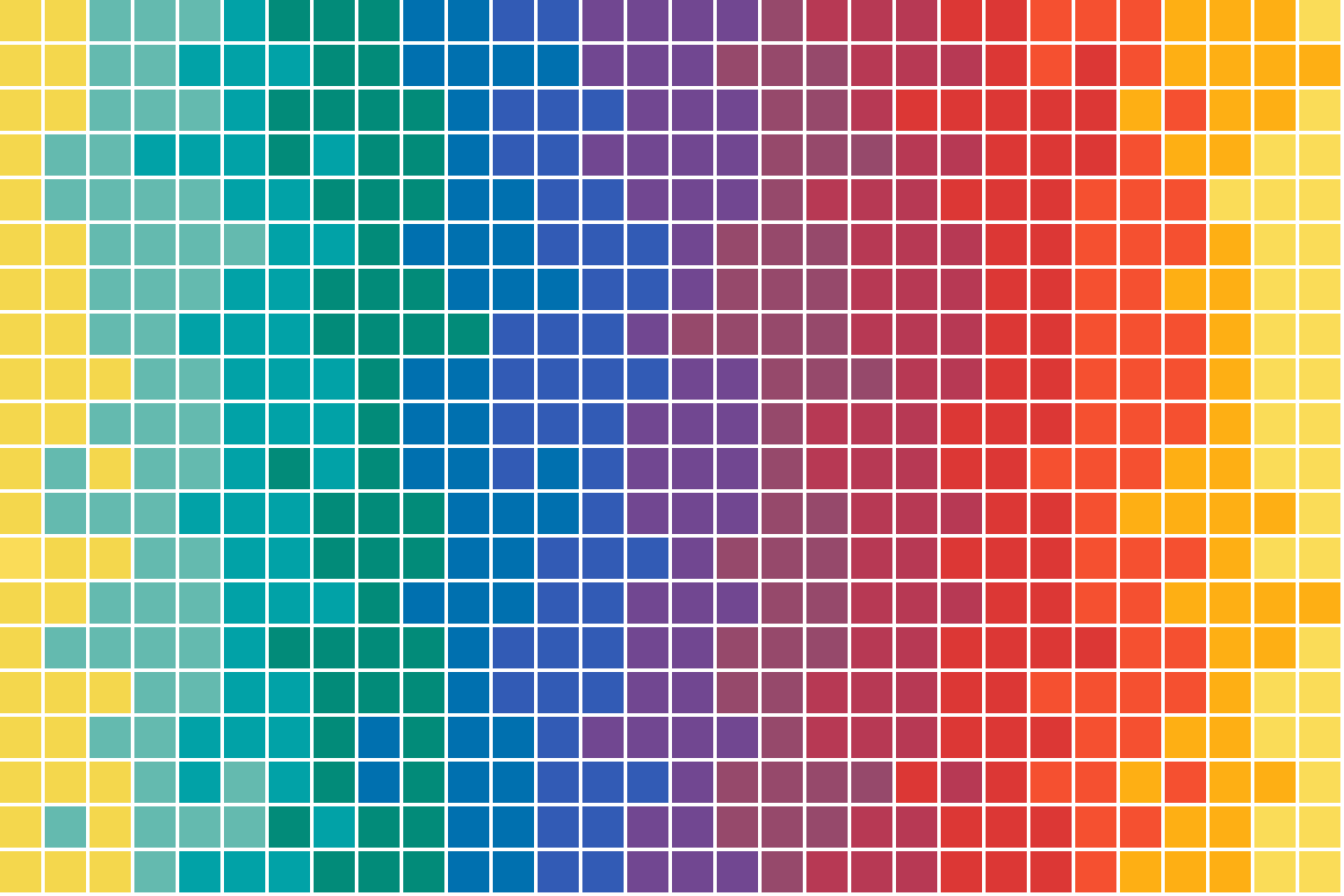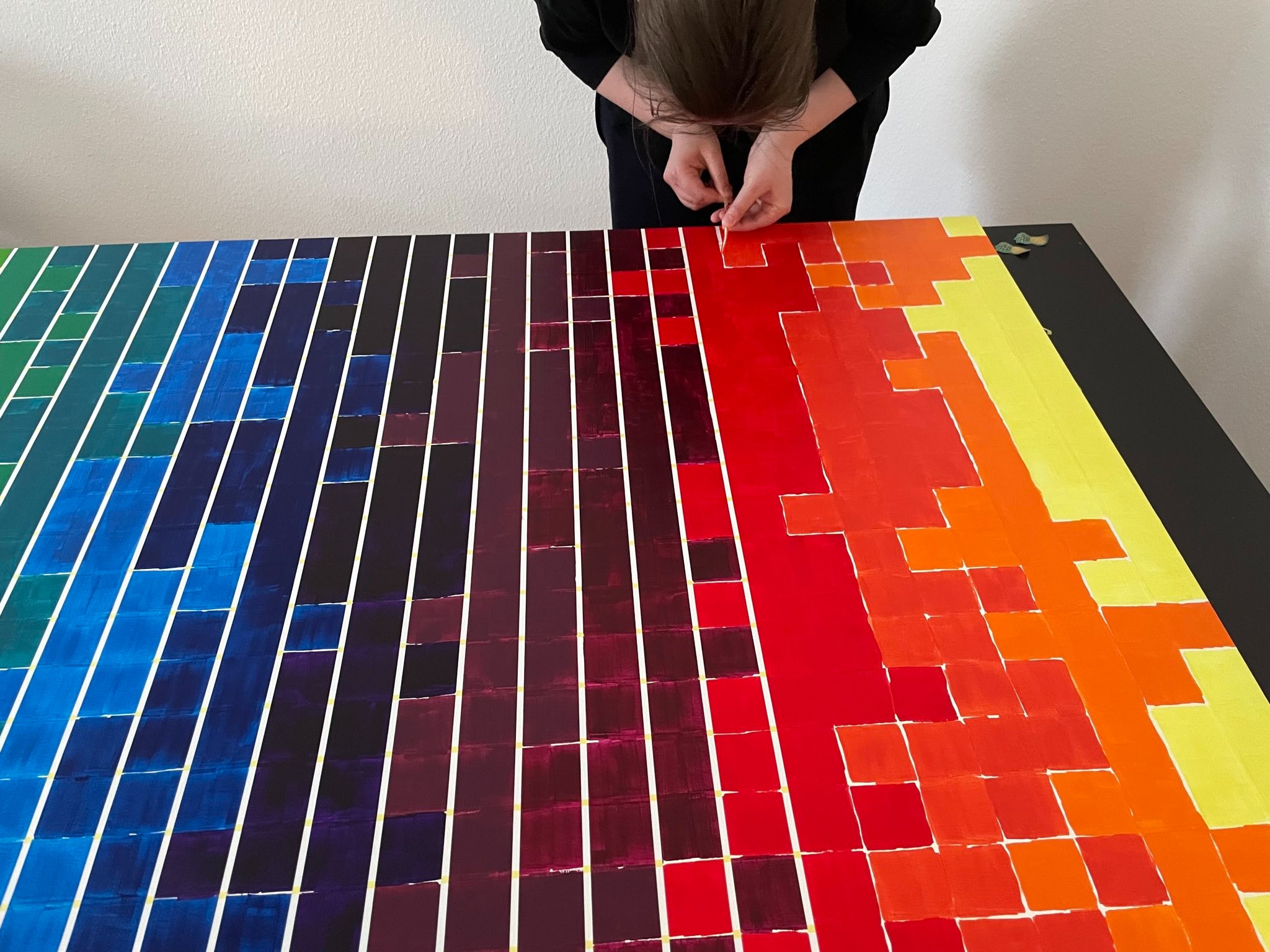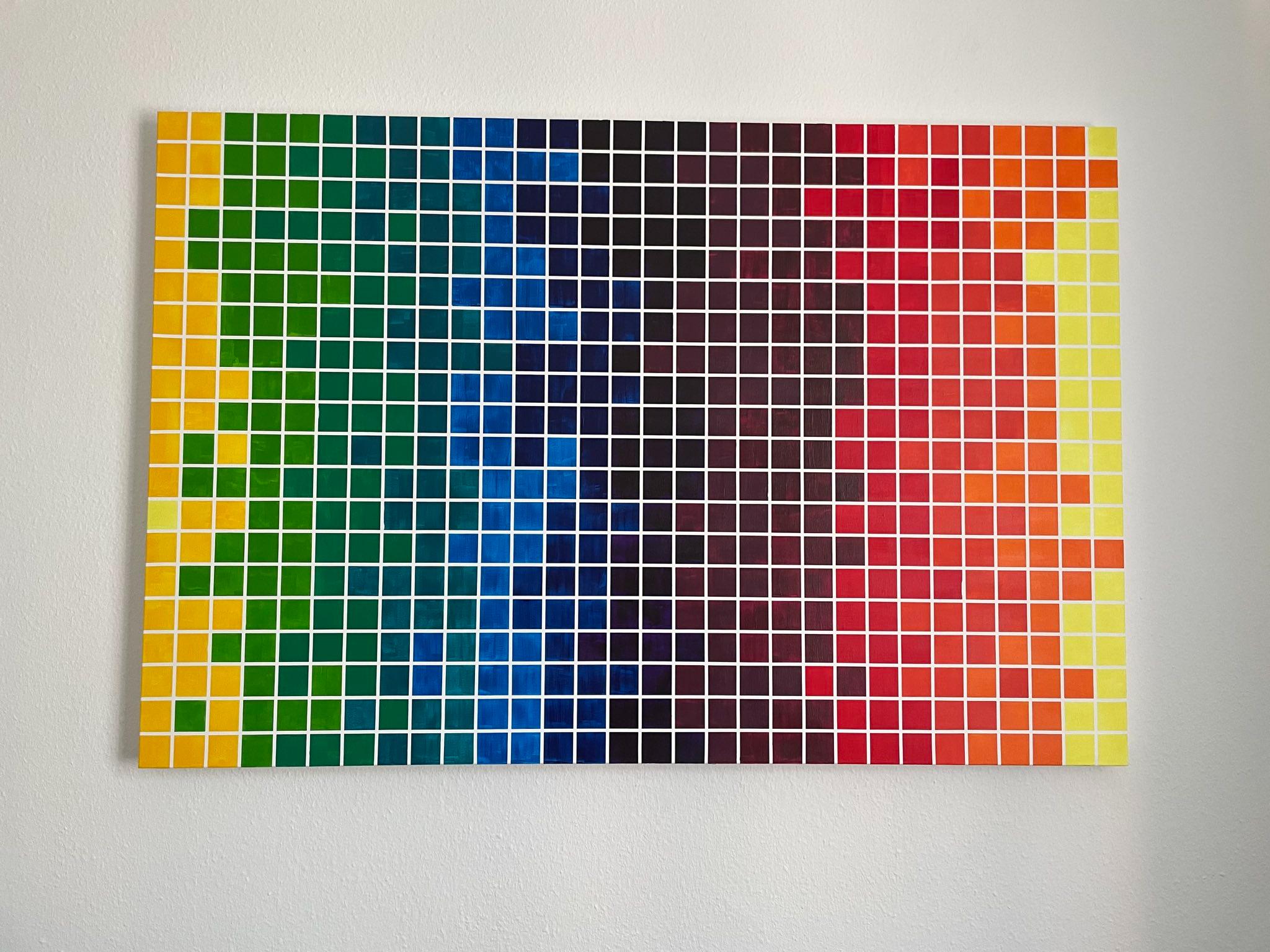This week I attended NordiCHI in Aarhus, my first in-person conference in human-computer interaction (HCI). I found it very interesting to see how this research community approaches similar questions from different perspectives, and want to make use of some of my observations there to reflect upon interdisciplinarity in this blog post.
Very generally, I believe that disciplinary boundaries are there to be overcome. There are surely historical, political, institutional and research-tradition-related reasons for disciplines to be and remain separate from each other. However, when looking at specific phenomena, I believe that a plurality of perspectives can only be beneficial, if only to surface contradictions, tensions, or differences of opinions.
As an anthropologist who is also a computer scientist in-the-making, I very much enjoy discussing topics from multiple perspectives. Observing just that as a scientific practice throughout the conference was very inspiring. However, it does not come without challenges. With people coming from a variety of disciplines, their contributions are based on differing assumptions of what researchers should do, and how they should do it.
Particularly the keynote by Kasper Hornbæk on the role of theory in HCI was very inspiring. As an anthropologist, I cannot imagine doing academic work without theory. There are many goals I have for my PhD project, but a very important one is the contribution to theory I plan to provide. My dissertation will be all about applying and combining theories to fit the empirical ethnographic insights I gained through research. By doing that, I intend to both shed light on my insights through theory, but also engage the theory by putting it in dialogue with a specific empirical context.
As I learnt during the conference, some of the other disciplines represented in HCI are not so much about engaging theory, but rather about building prototypes and putting them to a test in order to try to solve pre-identified “real-world” problems. In some cases, I wondered whether the prototypes were really addressing the underlying, structural issues or just providing short-lived band-aid solutions. However, the outcome of these research projects are products intended to help improve people’s lives in tangible ways – to what extent can we say the same about the books we produce in anthropology and adjacent disciplines?
One of the main points of Kasper Hornbæk’s keynote was that HCI would benefit from engaging more with theory. But isn’t it a lot to ask from people who focus on building and improving prototypes to also contribute to theory? And what would that, in turn, mean for disciplines that work intensely on theory – would anthropologists also be required to design prototypes that are meant to solve some of the issues we encounter? And what would they look like?
I have become a huge fan of generative art in recent months. What I really enjoy about it is the tension between code as a very stringent structure and sequence of mathematically precise instructions, and the creativity that lies in the arrangement of these instructions to let the code produce pieces of art.
This blog post is about “Generated Spectrum”, my first generative art project consisting of a simple Python program which generates an image of 600 squares arranged in a 20x30 matrix. With a certain degree of randomness, each square gets a color assigned, following a color gradient inspired by Ellsworth Kelly’s “Spectrum”.
The code is very simple, you can find two versions of it on my Github page. The one named ”generated-spectrum.py” is the original version, the one named “generated-spectrum-for-beginners.py” is specifically for people who have never worked with code before. There, I have explained quite thoroughly what each line of code does. So, if you are a beginner and would like to generate your own images with my script: Download the file, have a look at the code to understand what it does and how you can manipulate it, and have fun generating images! If you have never executed a Python program before, you might want to check out this tutorial.
After generating a few pictures with this script, I chose the one I liked best:

I then used this generated image as a template for an acrylic painting on a canvas measuring 150x100 cm. In order to get sharp white lines, the entire canvas was painted in white, then masking tape was added to get the squares, and then it was painted white once again. The next step was to paint all the squares according to the generated image. I had never used masking tape with acrylic paint before, so I was quite nervous before pulling the tape off. But it worked really well and seeing the sharp lines was very satisfying!

I really enjoyed the process of creating this generative piece of art, particularly because the art work has not only materialized as a file saved on my computer, but taken form as an actual painting which now decorates my living room. Can’t wait to get started with my next project!

Last weekend I was invited as a speaker at the children’s university organized by the Familienakademie of the Kathinka-Platzhoff-Stiftung. The topic was “Wie funktionieren eigentlich Roboter?” [How do robots actually work?] and children between 8 and 12 came to participate. I was quite nervous whether the children would like what I had prepared - but it went really well!
First, I held a 40-minute lecture about robots, thematizing aspects of the robots’ hardware, their software and the ways robots are already used nowadays. One of my main points was that robots are not magical or living beings, but objects that are built out of specific technical components and need to be programmed by people in order to function. Also, I thematized that the way robots are portrayed in fiction is not equivalent with how they are being used nowadays, or how we will live with them in the future. Rather, it is important to understand the basics of robotics for a productive debate on how we want to shape our future with these objects.
After the lecture, the children were split in three groups and completed three different activities for 30 minutes each. As a first activity, I showed them the functioning of a soccer robot that I borrowed from the team I conduct research with. The children had many questions and particularly liked its motion to stand up automatically after falling down. If you are interested in soccer robots, check out the website of the RoboCup, or the youtube channel of the Standard Platform League to see Nao robots play!
The second activity was to design a robot and build a “prototype” out of cardboard. The children first had to decide what their robot should be able to do, and then what components it would need to move, and to perceive and to interact with its environment in order to complete their task. The children got super creative and built very fancy and potentially very useful robots!
And the third activity was to gain first programming experience with the game “Code with Anna and Elsa”. Programming is quite challenging, particularly if you do it for the first time – which is all the more a reason to start when you are young!
I want to thank the Familienakademie for organizing this great event and for the opportunity to present there! And of course I want to thank the kids for coming and participating so enthusiastically!









